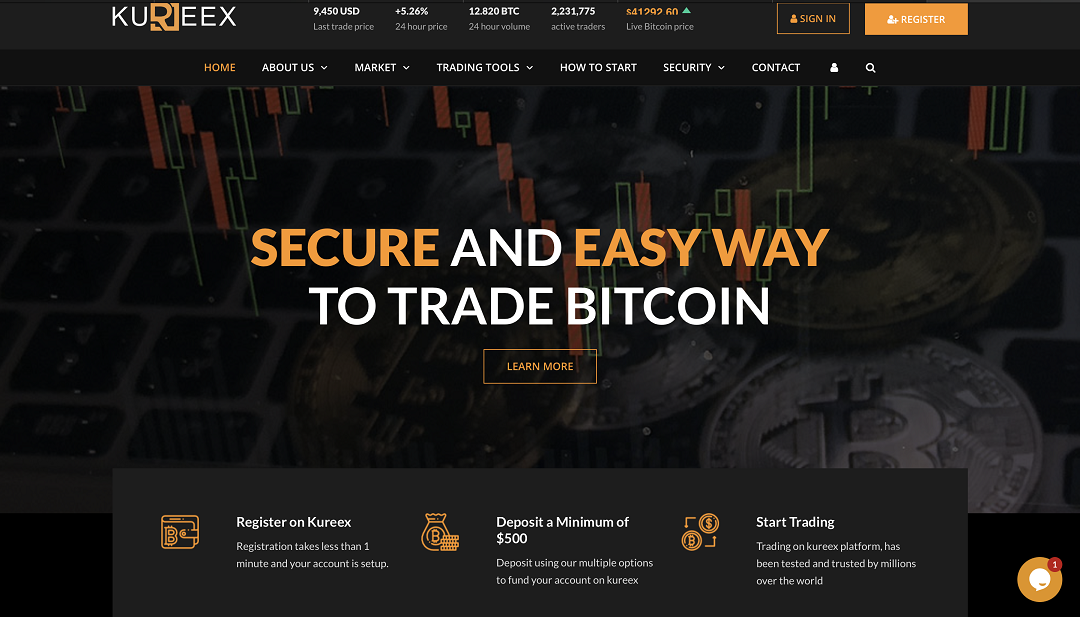Starting a crypto exchange is an exciting endeavor that can bring immense potential rewards. It requires an in-depth understanding of the technology, regulatory frameworks and customer service requirements for running a successful operation.

The first crypto exchange was Bitcoinmarket, which went live on March 17, 2010. Generally, the development cost of a cryptocurrency exchange platform can range from $50,000 to $ 98,000 for a basic exchange with common features. In addition, the cost of setting up an exchange will depend on the features and functionalities that are desired by the business.
It can range from basic to complex, and the development cost can vary greatly depending on the customizations required. Furthermore, cryptocurrency exchanges also require ongoing maintenance costs to ensure everything runs smoothly.
There are many considerations to take into account when setting up a crypto exchange: choosing a jurisdiction, obtaining the necessary licenses and permits, designing a user-friendly platform, setting up trading rules and fees, integrating payment providers, and more.
Additionally, it is important to have a secure infrastructure in place to protect customers’ accounts, as well as having the right personnel on board with sufficient knowledge of the industry. This guide will provide an overview of all the steps that are necessary for starting a crypto exchange. You will learn about the key components of a successful exchange, how to obtain necessary licenses and permits, and which technology solutions are available in order to launch a secure and user-friendly platform.
With the right preparation, it is possible to turn your vision into a profitable reality. By following the steps outlined in this guide, you can be on your way to launching a successful crypto exchange.

Michael is a cryptocurrency blogger who writes about the latest developments in blockchain technology. He has been blogging for over 4 years and his posts have been read by people from all around the world. His blog covers a wide range of topics, such as trading advice, new ICOs to invest in, and how blockchains can be used outside of cryptocurrencies. Michael also enjoys writing about more technical aspects of cryptocurrencies and blockchain technology.


